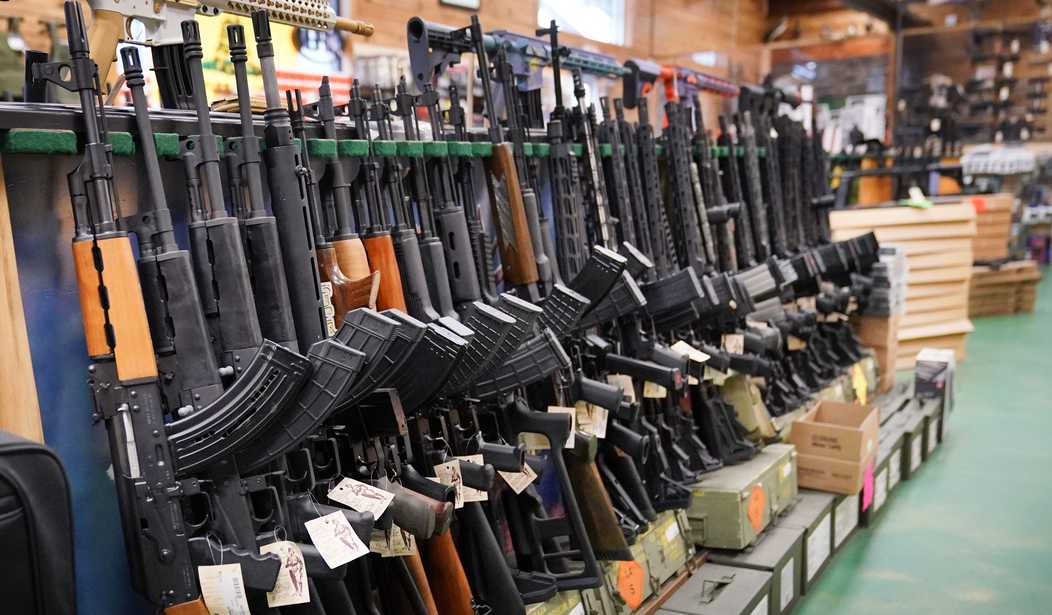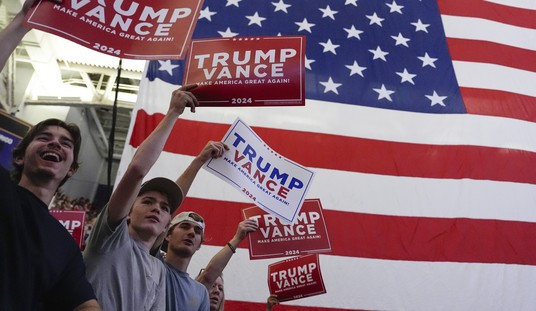A short time ago, I wrote about how Philadelphia shattered the myth that gun control was needed to reduce violent crime.
However, in the interest of fairness, it's easy to dismiss one city's successes as meaningful. It's just one city, right? Well, it's not. It seems a lot of dangerous cities aren't as dangerous as they once were.
And no, they didn't pass gun control.
This report looks at multiple cities and what they did to combat violent crime.
First, let's look at Baltimore:
Recommended
The mayor’s office – through its revived Group Violence Reduction Strategy effort – in March led a takedown of the alleged drug trafficking organization that long had plagued the neighborhood and driven violence citywide, with 12 people indicted on drug and gun charges, Scott said at the time.
The Mayor’s Office of Neighborhood Safety and Engagement had helped “answer … the community’s call” by investigating the alleged crime ring, Scott said. The mayor then issued a warning to anyone unwilling to accept that same office’s inverse, perhaps more important mission: to help deter violence in the first place.
“Take us up on our opportunities to change your life,” he said, “or end up … indicted, headed to prisons.”
By some key measures, the mission is succeeding.
Aimed at curbing shootings through an “intentional collaboration between law enforcement, social services, and community members,” the violence reduction strategy last year helped drive Baltimore’s record 21% annual decline in homicides, Scott said, with an even steeper 34% drop this year through July 8, police department data show.
With similar trends emerging across the country, officials in Baltimore – as well as in cities including Detroit and San Antonio – are crediting their own recent investments in crime-fighting strategies that, beyond traditional arrest-and-prosecution, include social services, intervention by trusted community members and backing in part by federal funds from the 2021 American Rescue Plan Act.
In other words, they cracked down on the criminals and started seeing results.
Who would've thunk it?
But that in and of itself isn't necessarily the best strategy. It might work, but it's not always optimal. Taking a carrot-and-stick approach like these cities are doing is more productive because people decide to step back, step away from the criminal life, and become productive members of society. Those that don't still go to prison, of course, but it ultimately helps people get out of the criminal lifestyle.
What's important to note is that there's no gun control at work here. While Michigan and Maryland have been on an anti-gun tear of late, San Antonio is in Texas. That's not exactly a state known for favoring gun control.
The problem with gun control is that it's a simplistic solution to a problem where the use of a gun in acts of violence is, instead, the symptom rather than the disease. It's like severing someone's vocal cords to treat their Tourette's Syndrome.
More accurately, it's like severing everyone else's vocal cords because of someone else's Tourette's.
It just doesn't make sense.
Taking a proactive approach that hits the bad guys with enforcement while also giving them a ticket out of that lifestyle if they want it makes a whole lot more sense. While it might use taxpayer money, and since it's government that means it'll be squandered to some extent, at least it doesn't trample on people's right to protect themselves in the name of protecting them.
That's got to count for something.

























